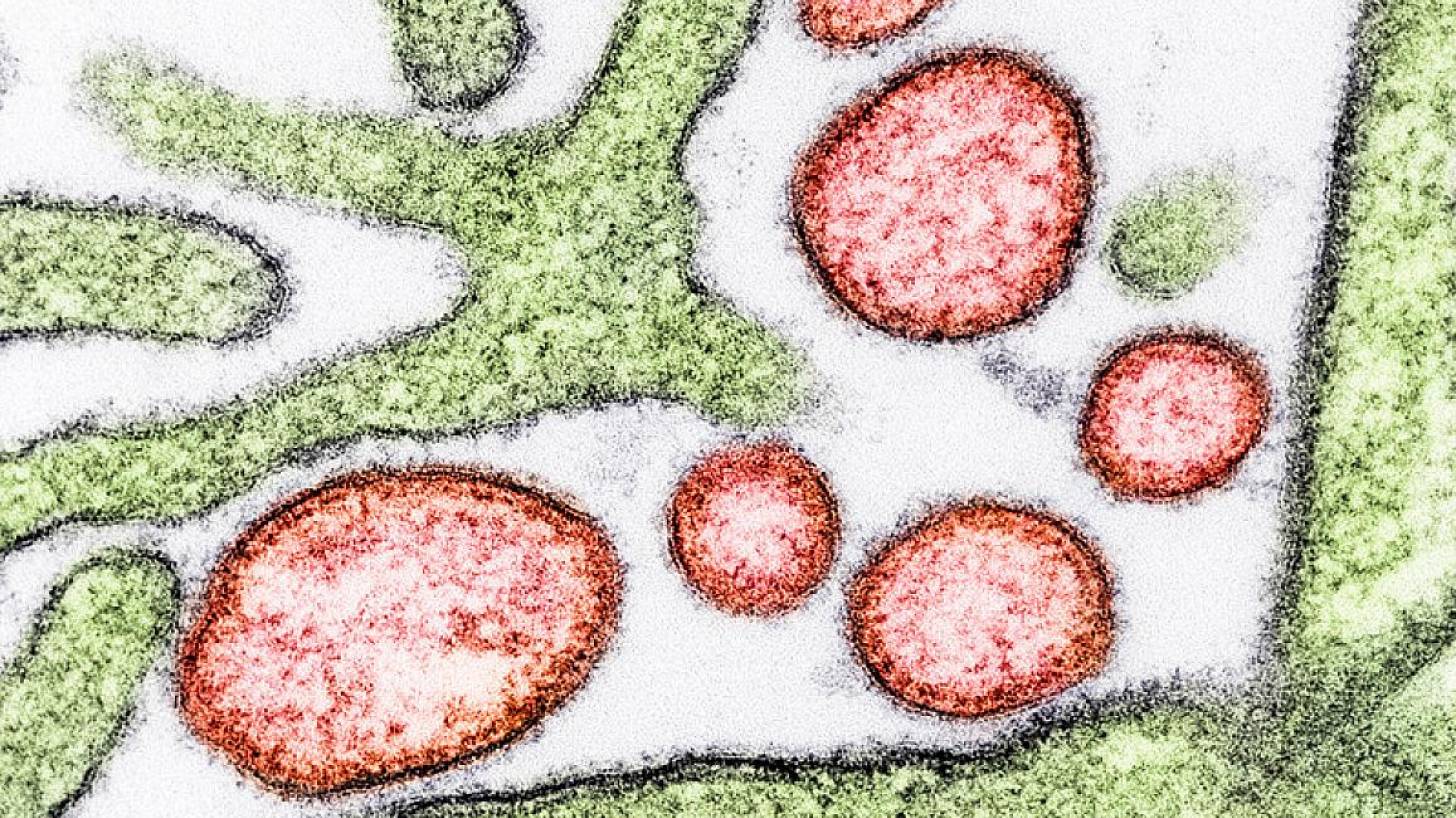Nipah Vaccine Candidate Gains U.S. NIH Pandemic Preparedness Support

The U.S. National Institute of Allergy and Infectious Diseases (NIAID) announced yesterday that it launched a phase 1 clinical study evaluating an investigational messenger RNA (mRNA) vaccine to prevent infection with the Nipah virus.
The mRNA-1215 vaccine candidate is manufactured by Moderna, Inc. and was developed in collaboration with NIAID’s Vaccine Research Center.
mRNA-1215 will be tested in a dose-escalation clinical trial to evaluate its safety, tolerability, and ability to generate an immune response in 40 healthy adults in Maryland.
This research is essential since the U.S. FDA has not issued approval for a Nipah treatment or vaccine as of July 12, 2022.
The first known Nipah outbreak occurred in 1998 in Malaysia and Singapore and resulted in 265 human cases and 105 deaths and caused significant economic damage to the swine industry there.
Since 1999, outbreaks have occurred annually in Asia, primarily in Bangladesh and India.
Nipah virus infection is a zoonotic disease, meaning that it is spread between animals and people. Fruit bats are the natural host for the virus, although person-to-person transmission can occur.
The virus can cause mild-to-severe disease leading to encephalitis, coma, or death. An estimated 40% to 75% of people infected with the Nipah virus die.
“Nipah virus poses a considerable pandemic threat because it mutates relatively easily, causes disease in a wide range of mammals, can transmit from person to person, and kills a large percentage of the people it infects,” commented NIAID Director Anthony S. Fauci, M.D., in a related press release.
“The need for a preventive Nipah virus vaccine is significant.”
NIAID’s Pandemic Preparedness Plan was published in 2022 to establish a framework to study viruses of pandemic potential and prioritize research on prototype pathogens, such as the Nipah virus.
This is the first clinical trial using the prototype pathogen approach since the plan’s publication. Study participants will be evaluated through clinical observation and blood collection at specified times throughout the study. In addition, they will be followed by clinical study staff for 52 weeks following their final vaccination.
"Our partnership with NIAID to advance mRNA-1215 for Nipah virus reflects our commitment to advance a portfolio of 15 vaccine programs by 2025, targeting emerging or neglected infectious diseases that threaten global health.”
“Since Nipah virus is a deadly pathogen for which there is currently no vaccine or treatment, Moderna is eager to bring our mRNA expertise to this partnership with the hope of halting the virus' pandemic potential to protect the health of our global citizens," said Stéphane Bancel, Chief Executive Officer of Moderna, in a press release issued on July 12, 2022.
Another Nipah virus vaccine candidate is currently conducting clinical research.
PHV02 is a live, attenuated, recombinant vesicular stomatitis virus (rVSV) vector vaccine candidate expressing the Nipah virus (Bangladesh strain) and the Ebola virus glycoprotein.
The rVSV-Nipah vaccine was developed by the Laboratory of Dr. Heinz Feldmann within the NIAID and has been licensed to Public Health Vaccines (PHV).
PHV has been developing its Nipah vaccine candidate in partnership with the Coalition for Epidemic Preparedness and Innovations under an award of up to US$43.6 million that facilitates activities through Phase 2 clinical trials.
NIAID conducts and supports research at the NIH in Bethesda, MD, throughout the United States and worldwide to study the causes of infectious and immune-mediated diseases and to develop better means of preventing, diagnosing, and treating these illnesses.
PrecisionVaccinations publishes fact-checked, research-based vaccine news curated for mobile readership.
Our Trust Standards: Medical Advisory Committee
